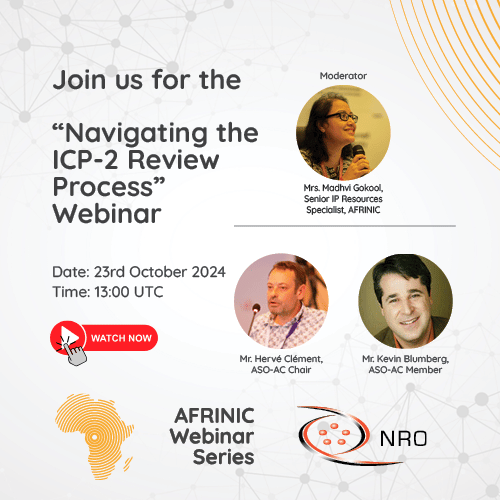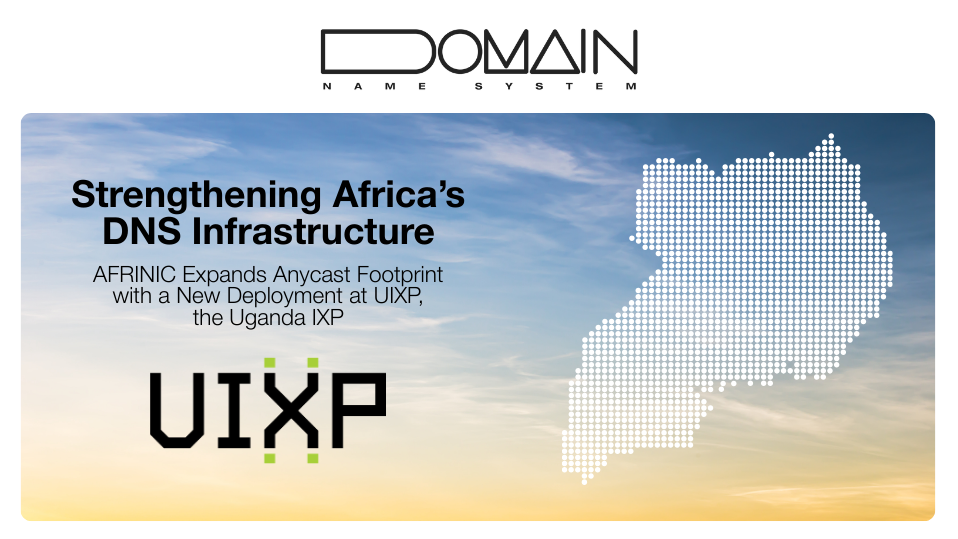Connecting Central Africa: The Rise and Impact of Douala-IX
- Posted By Ganessen Gurunaden
- Published On -
- Hits: 1700

The digital landscape of Central Africa is undergoing a significant transformation, and at the heart of this change is the Douala Internet Exchange (DOUALA-IX). Located in Cameroon’s economic capital Douala, the exchange point is more than just a piece of infrastructure but a






